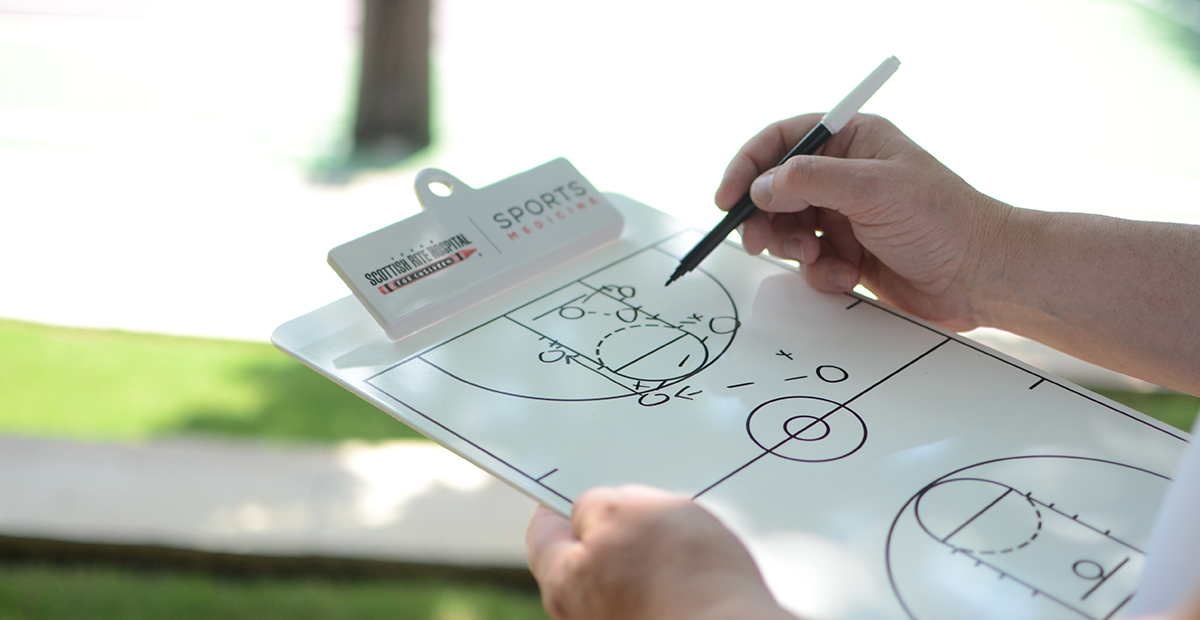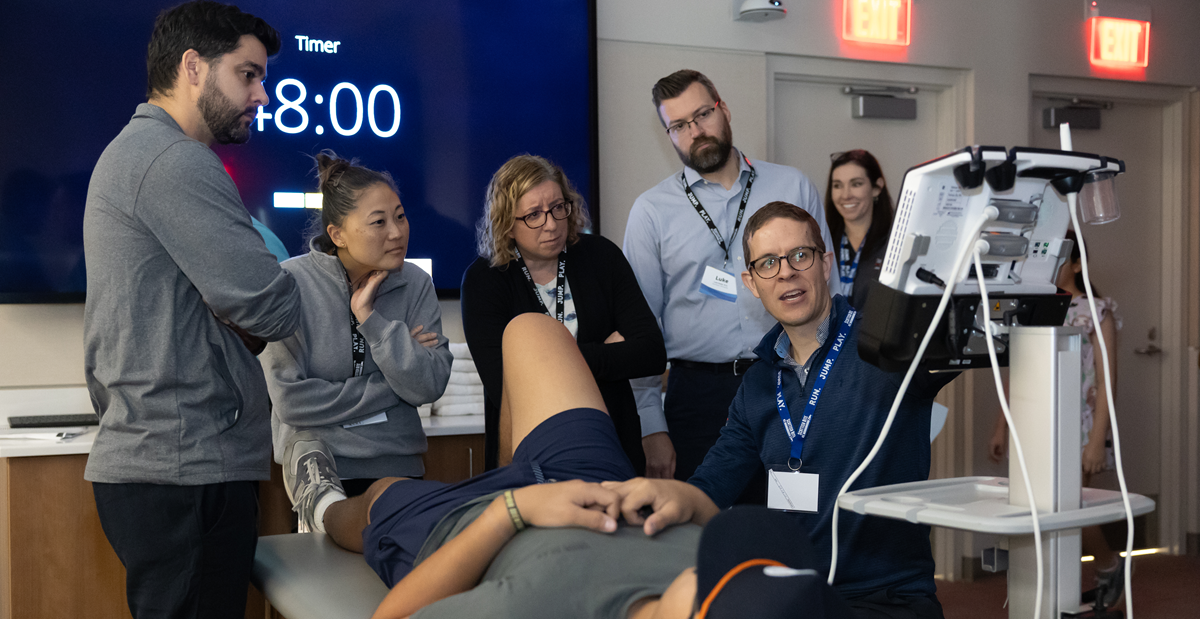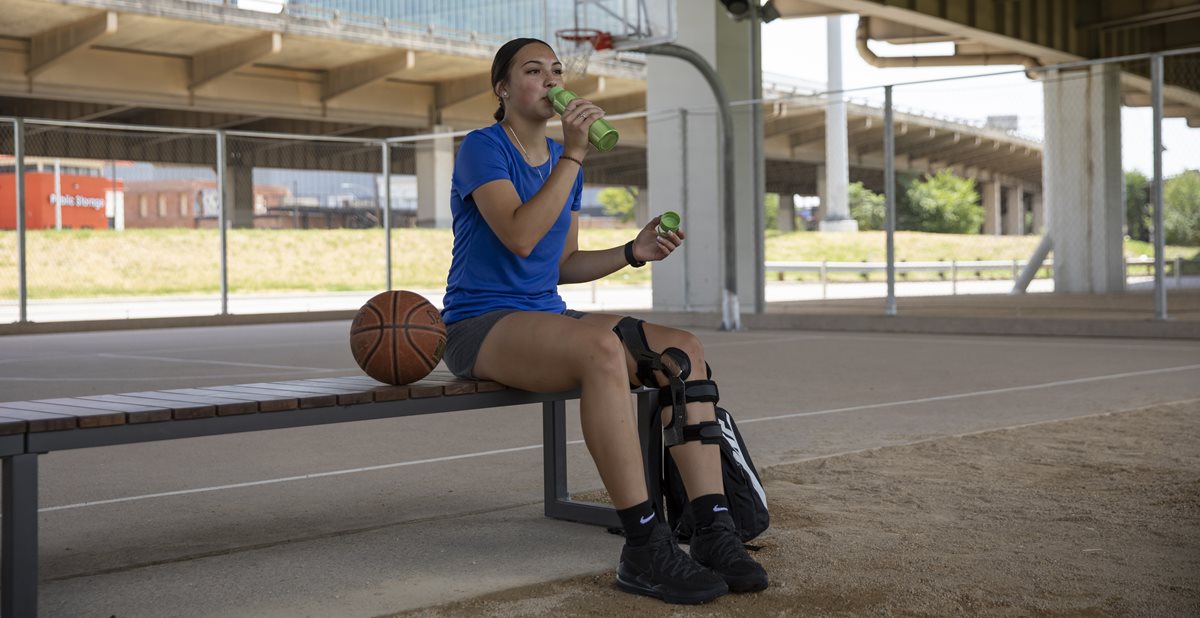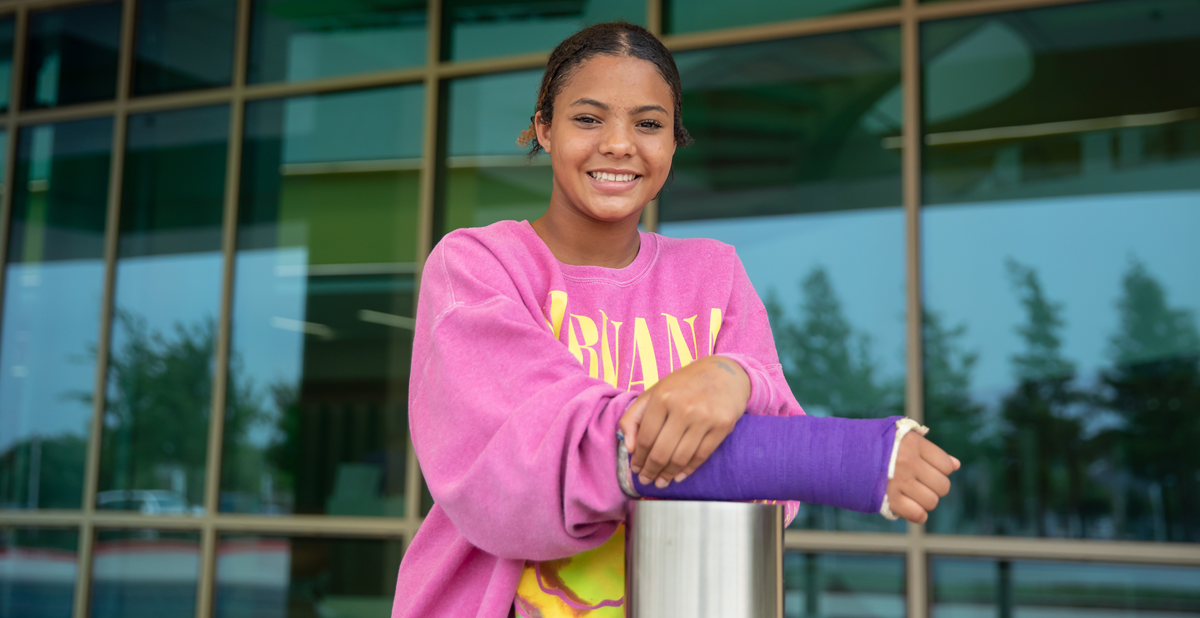
Nov 22, 2016 / Sports Medicine
Parent/Coach Relationships – Making the Most of the Next Sport Season
If you’ve been a volunteer coach for several years, you’ve probably mastered a few things like practice schedules, game lineups and bad weather communication. However, the challenge of dealing with tough situations can sometimes lead to early burnout in youth sports coaches.
Dr. Erica Force, Scottish Rite Hospital Psychologist, suggests, “When dealing with someone who disagrees, it is important to hear them out, and let them know you understand where they are coming from, while at the same time assertively communicating your concerns.”
To keep your focus on fun, here are some tips on approaching parents.
When there’s a problem
These suggestions may help you address a difficult relationship and turn it into a positive one.
- Ask for a time to discuss concerns in a private setting.
- Ensure that coach’s goals and parent’s goals are aligned or at least clear.
- Allow the parent to clarify expectations of coach.
- Share specific examples of concerns.
- Review expectations of all parents and athletes.
Before there’s a problem
Here are some thoughts to consider as you gear up for the new season.
- Plan a thoughtful agenda for your preseason meeting.
- Schedule a “Silent Sidelines Weekend” by teaching parents to give the athletes an opportunity to show off their skills without any instructions from the sidelines.
- Encourage parents to learn about the sport.
- Teach parents how to keep the post-game conversations positive.
- Consider developing a player-parent-coach contract prior to the season.
Youth sports coaches have a wide variety of roles from organization to skills training. Young athletes count on their coach for these skills as well as modeling positive behaviors and teaching parents to be supportive. Overinvolved parents may cause young athletes to participate in sports for the wrong reasons. We know these children are at risk of injuries and burnout, which reduce their chance of making healthy lifestyle choices into adulthood.
For information about injury prevention and pediatric sports medicine, please visit our Sports Medicine page.
Shelley L. Holden, Ed.D1*, Brooke E. Forester, Ph.D2*, Christopher M. Keshock, Ph.D3*, Steven F. Pugh, Ph.D. 2015. How to Effectively Manage Coach, Parent, and Player Relationships. The Sport Journal.



